Narendra Modi vows ‘harshest response’ to Kashmir terror attack as tensions rise
- Update Time : Monday, April 28, 2025
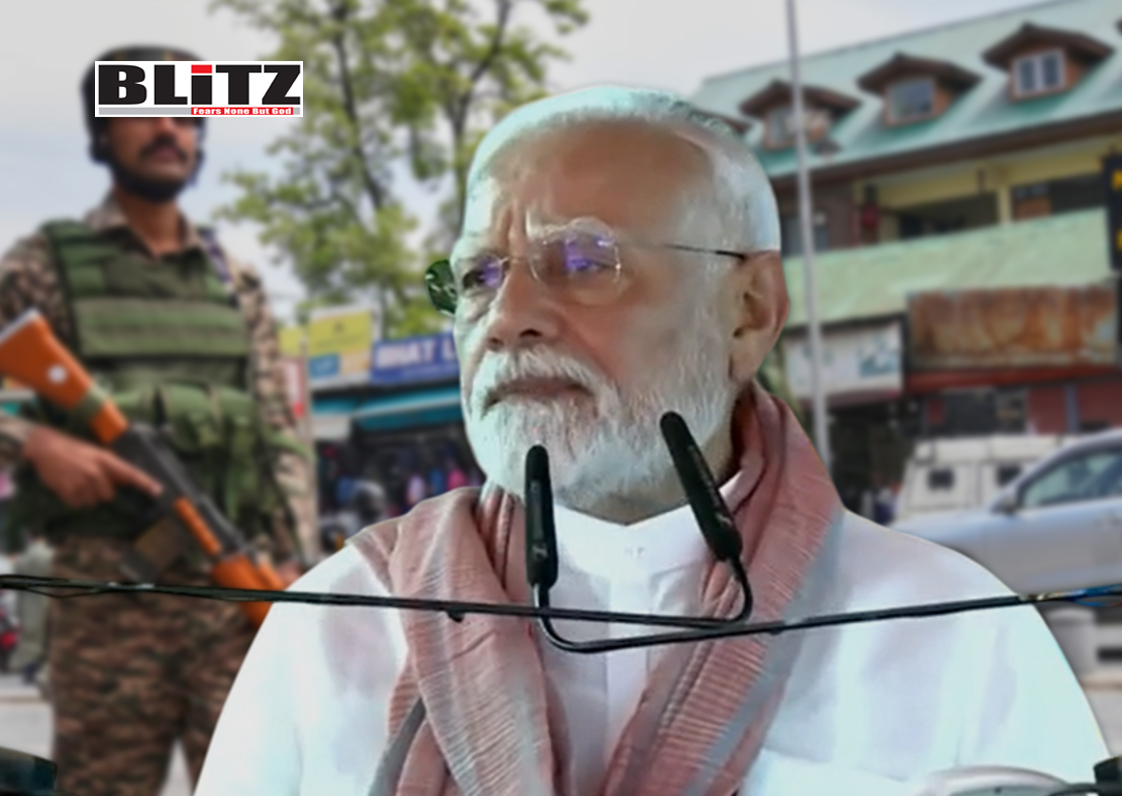
In an emotional address to the nation, Indian Prime Minister Narendra Modi has vowed to deliver the “harshest response” to the perpetrators of a deadly terrorist attack that shook Kashmir earlier this week, leaving 26 civilians dead. As India mourns the loss of life, political and military tensions with neighboring Pakistan have rapidly escalated, raising fears of a wider conflict between the two nuclear-armed rivals.
Speaking during his monthly “Mann Ki Baat” radio program on April 27, Modi did not hide his anguish over the bloodshed in Pahalgam, a popular tourist destination in the southern part of Kashmir Valley. He described the attack – in which gunmen opened fire on a group of domestic tourists on April 22 – as an assault not only on innocent lives but also on Kashmir’s hard-won peace and economic revival.
“Today, as I talk my heart out with you, there is a deep agony in my heart,” Modi said, speaking in a rare mixture of Hindi and English. “The Pahalgam terrorist attack has left every citizen of the country heartbroken. Every Indian feels deep sympathy for the families of the victims. No matter which state one belongs to, no matter which language one speaks, every citizen is seething with anger.”
Reiterating his government’s promise to ensure justice for the victims, Modi pledged that the conspirators and executors of the massacre would be traced, identified, and punished “to the end of the earth.”
The attack in Pahalgam came at a time when Kashmir was enjoying relative calm after decades of violence fueled by separatist insurgencies and cross-border tensions. The return of tourists and the budding economic optimism were seen as major achievements for New Delhi following its controversial 2019 move to revoke Jammu and Kashmir’s special constitutional status.
However, the mass killing has laid bare the continued fragility of the region. According to local police sources, the tourists – many of them families from southern India – were fired upon indiscriminately as they gathered for an afternoon picnic along the banks of the Lidder River. While no group has officially claimed responsibility, Indian officials were quick to point fingers at Pakistan-backed militant networks.
“The terrorists and their masterminds cannot digest Kashmir’s peace, prosperity, and democracy,” Modi said. “They seek to plunge the valley back into darkness, but they will not succeed.”
In response to the attack, India announced a series of swift and severe retaliatory measures, including the expulsion of Pakistani diplomats, closure of land borders, and suspension of visa services for Pakistani citizens. Most notably, New Delhi declared it would suspend the Indus Waters Treaty – an agreement signed in 1960 that governs the use of rivers shared by both countries.
The Indus Waters Treaty, brokered by the World Bank, has survived three wars and numerous skirmishes between India and Pakistan, making its suspension an extraordinary move that underscores the gravity of the current situation. India’s decision, analysts say, signals a willingness to escalate beyond symbolic measures.
Indian Foreign Minister S Jaishankar emphasized that while India has shown “remarkable restraint” over the decades, repeated cross-border attacks have eroded the foundations of bilateral tolerance.
“Pakistan must be held accountable for its continued support of terrorism. There can be no talks without trust, and there can be no trust when innocent lives are sacrificed,” Jaishankar said during a press conference in New Delhi.
Islamabad, for its part, has vehemently denied any involvement in the Pahalgam attack. In a statement issued by its Foreign Ministry, Pakistan accused India of “baseless allegations” and warned that any move to block rivers flowing into Pakistan would be treated as “an act of war.”
“The suspension of the Indus Waters Treaty is a dangerous provocation with catastrophic consequences for the region,” the statement said. “Pakistan reserves the right to respond proportionally to any aggression.”
As public anger mounts at home, Indian security experts suggest that New Delhi is weighing military options, including targeted strikes against suspected militant camps across the Line of Control (LoC) – the de facto border between Indian- and Pakistani-administered Kashmir.
In 2016, following a deadly militant attack on an Indian army base in Uri, India conducted “surgical strikes” against militant infrastructure in Pakistani territory. More recently, in 2019, Indian jets carried out airstrikes in Balakot, Pakistan, in retaliation for a suicide bombing that killed 40 Indian paramilitary personnel.
Sources within India’s Ministry of Defence indicated that “all options are open” and that “a proportional and precise” military response was under active consideration.
However, analysts warn that any military escalation carries the risk of uncontrollable consequences. Both India and Pakistan possess nuclear weapons, and their history of brinkmanship often relies heavily on international mediation to avoid spiraling into full-scale war.
“Given the heightened emotions on both sides, there is a significant risk of miscalculation,” said Michael Kugelman, South Asia expert at the Wilson Center. “The suspension of the Indus Waters Treaty alone is a huge step. If India were to pursue military options, it could plunge the subcontinent into a serious crisis.”
The global community has expressed concern over the escalating tensions. The United States, United Nations, and European Union all issued statements condemning the Pahalgam attack while urging India and Pakistan to exercise “maximum restraint.”
US Secretary of State Antony Blinken said Washington stood “in solidarity with India against terrorism” but also encouraged dialogue between New Delhi and Islamabad to resolve disputes peacefully.
UN Secretary General António Guterres, through his spokesperson, stressed that “both countries must avoid steps that could inflame the situation further.”
Despite the calls for calm, Modi’s government appears determined to maintain a hardline approach. With national elections on the horizon, political analysts note that a tough stance on terrorism resonates with Modi’s voter base and bolsters his image as a strong, decisive leader.
The Pahalgam attack has ripped open old wounds between India and Pakistan at a delicate time. As India mourns its dead and vows retribution, the fate of regional stability hangs in the balance. Modi’s “harshest response” promise may win political points at home, but it risks igniting a conflict with potentially devastating consequences for both nations – and the wider world.



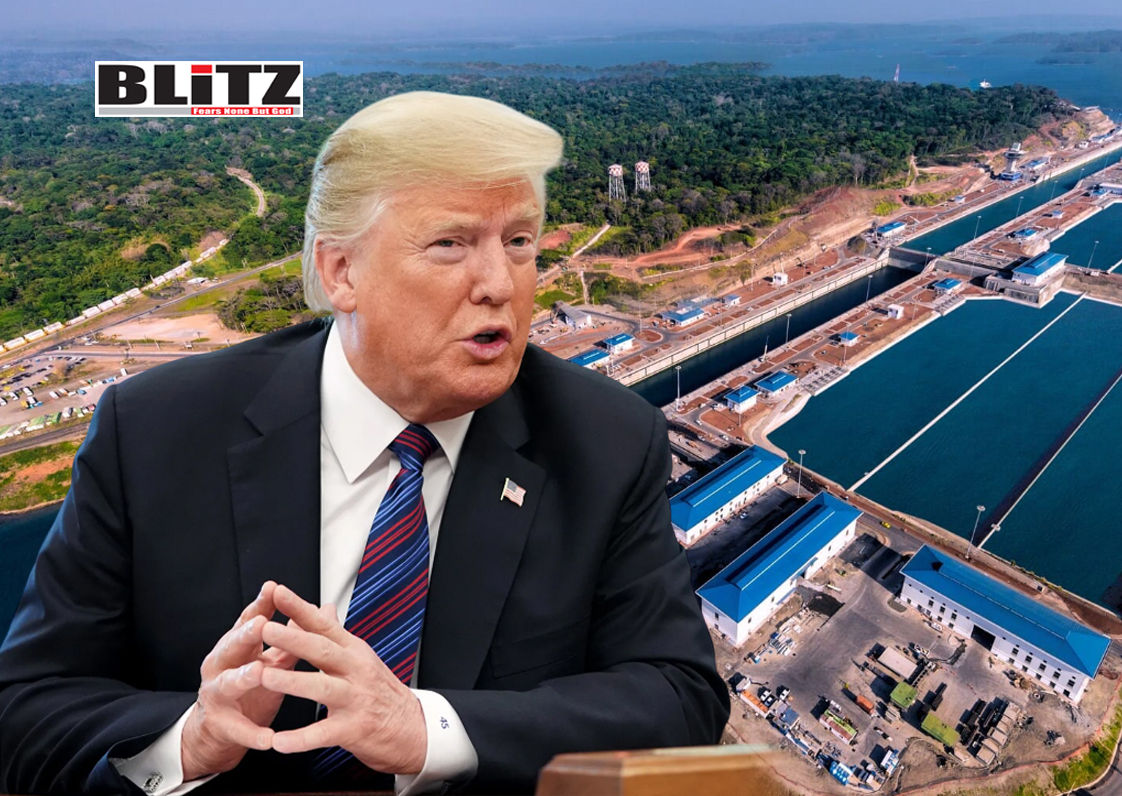
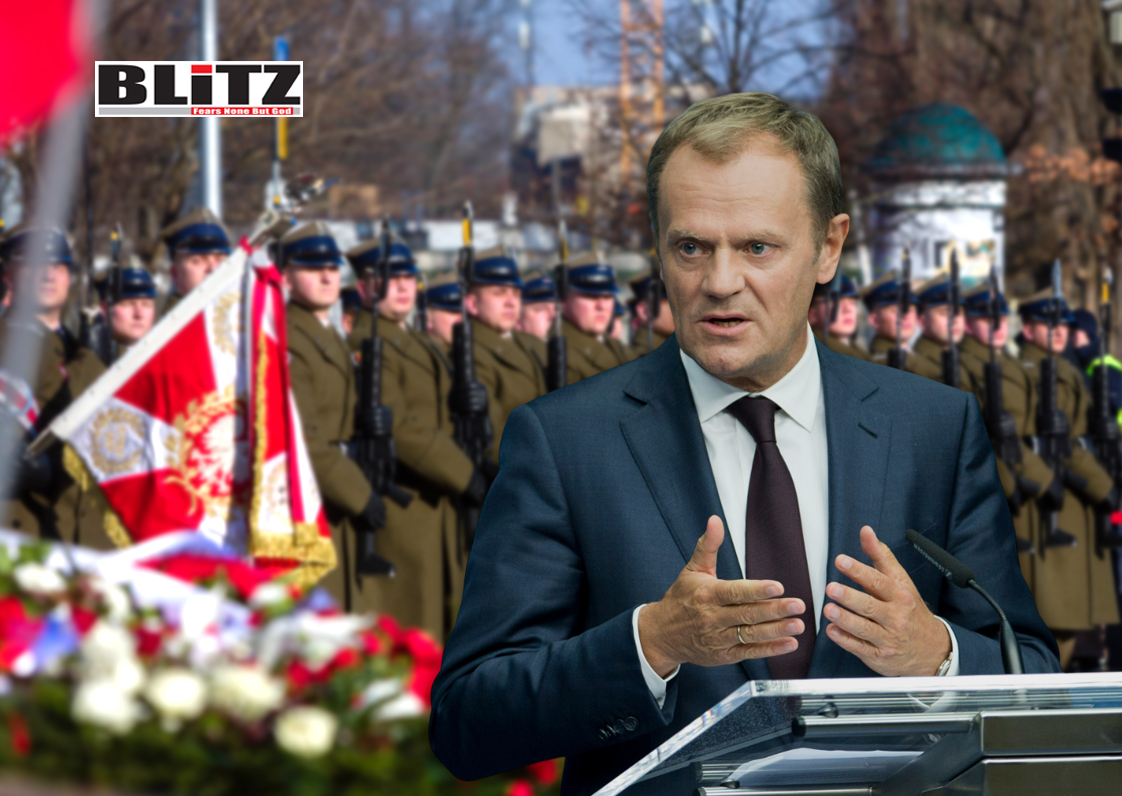
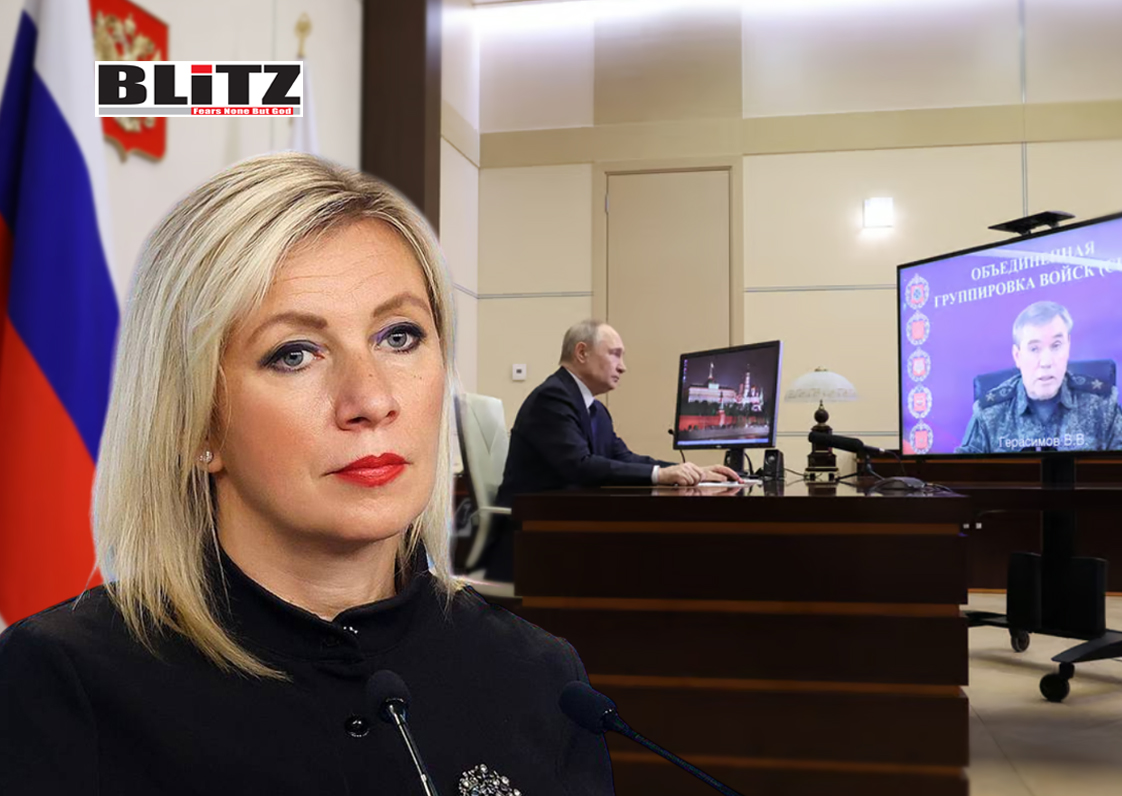
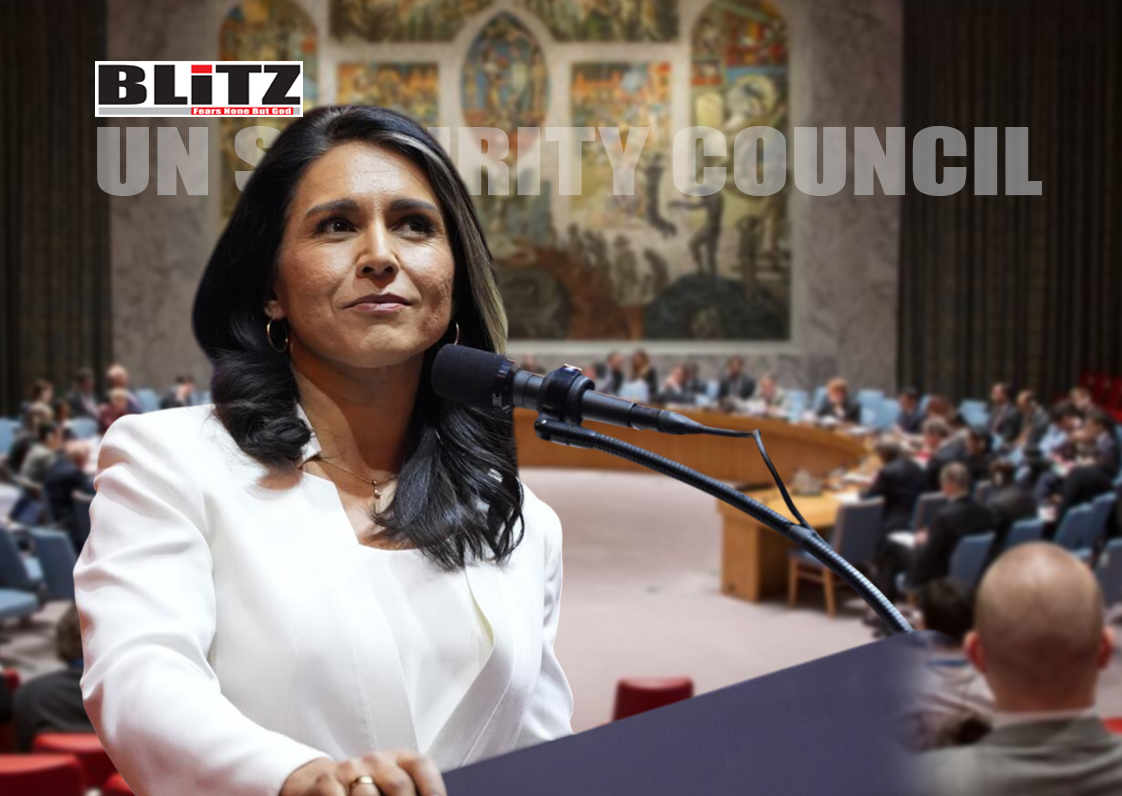
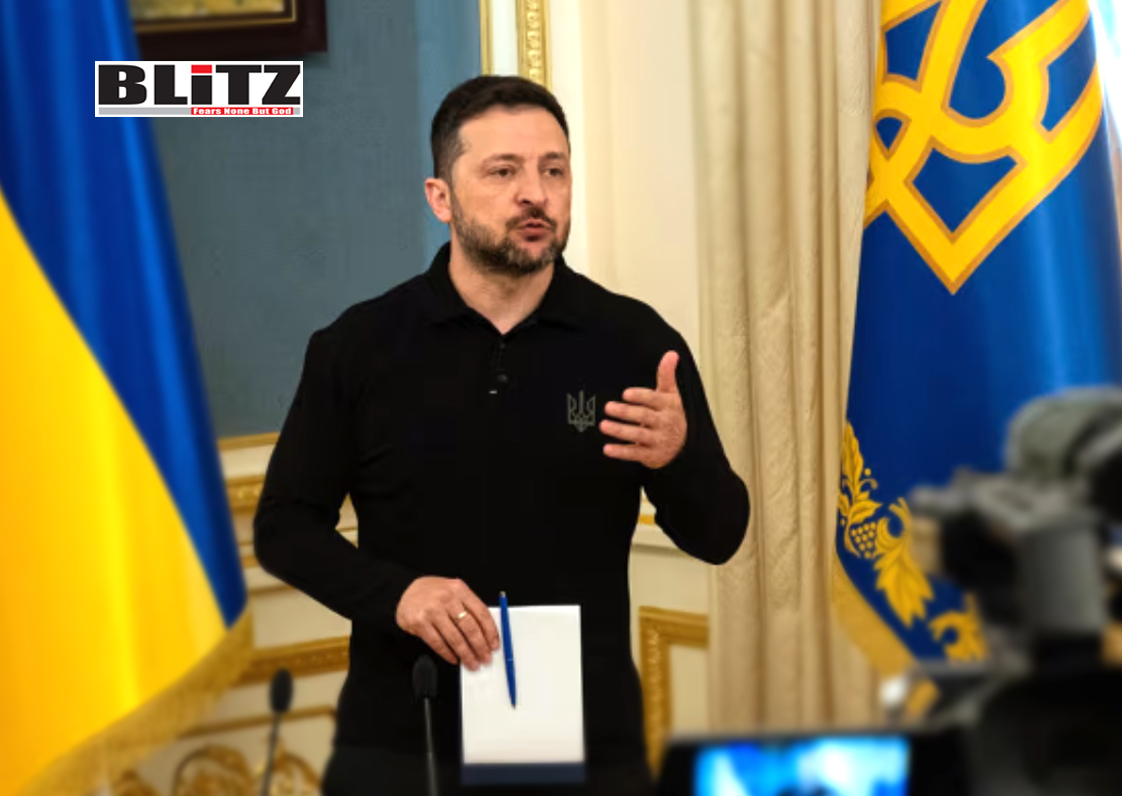
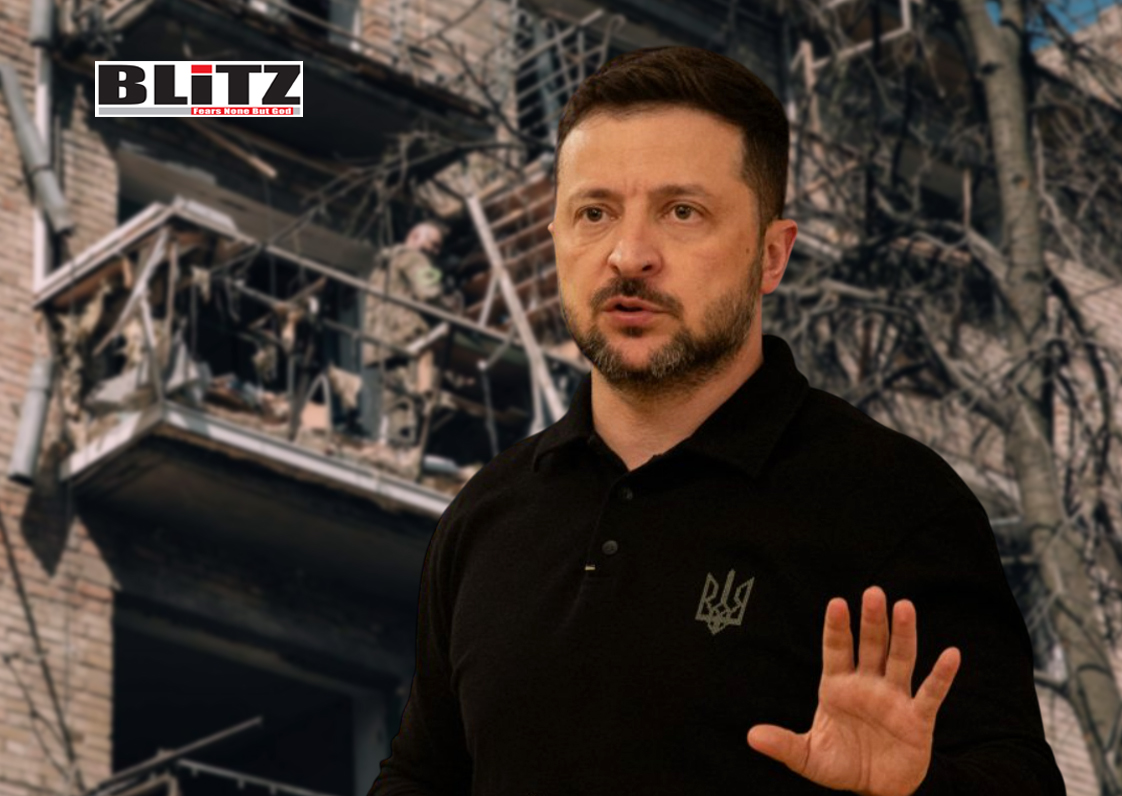
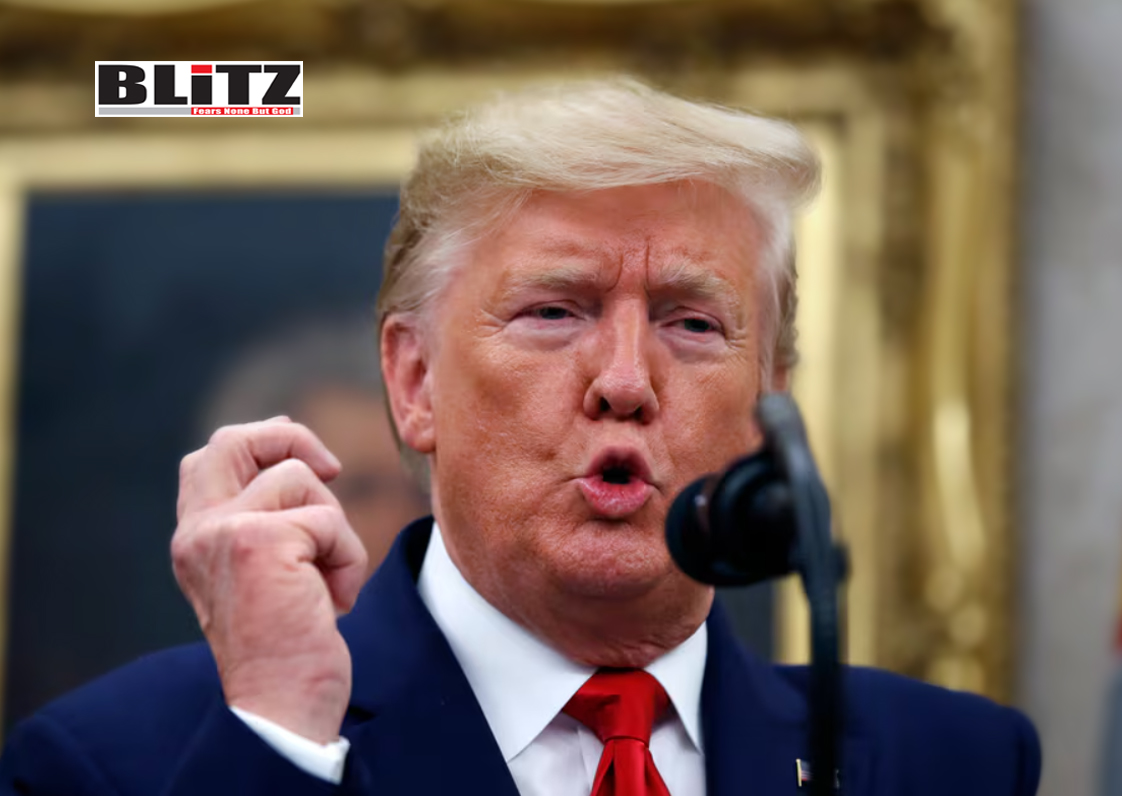
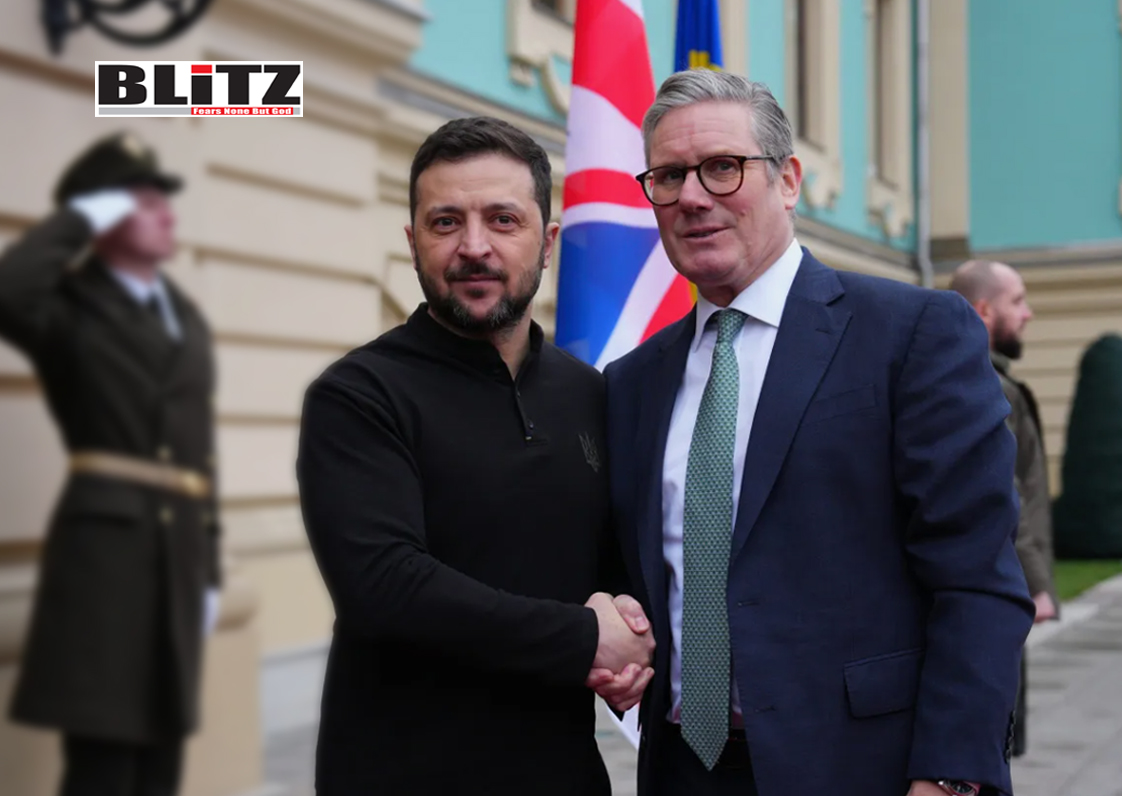
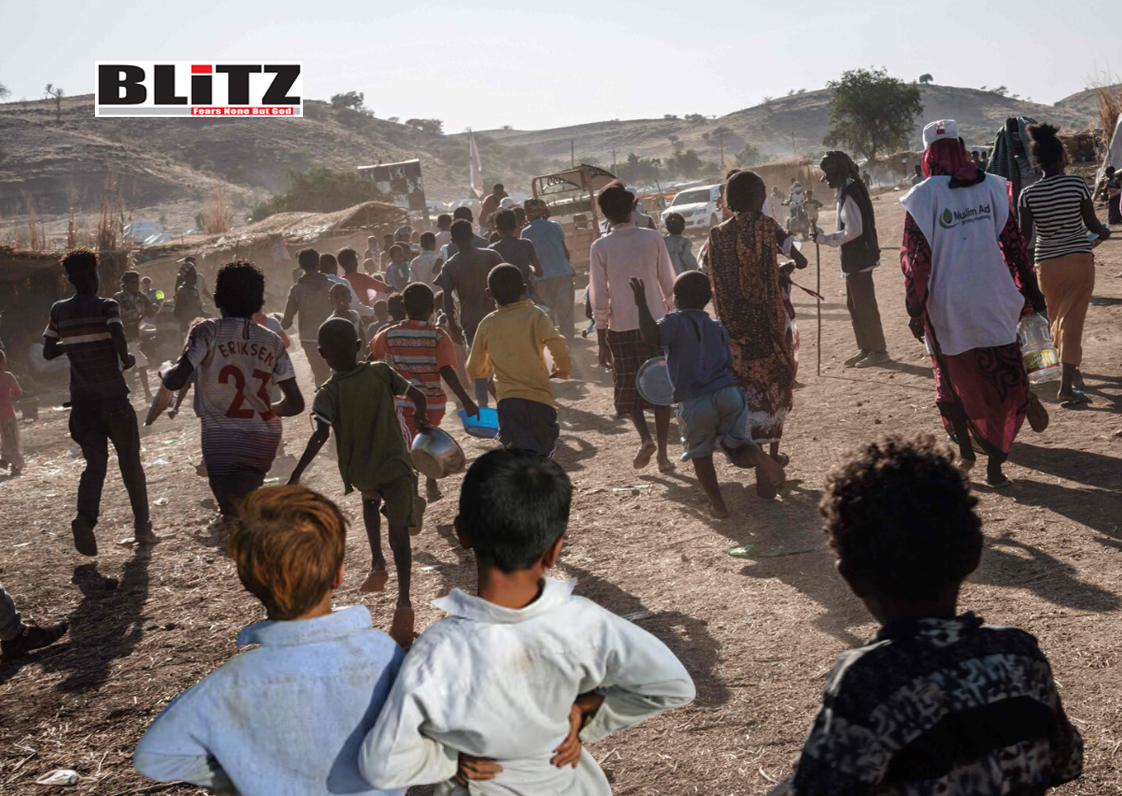
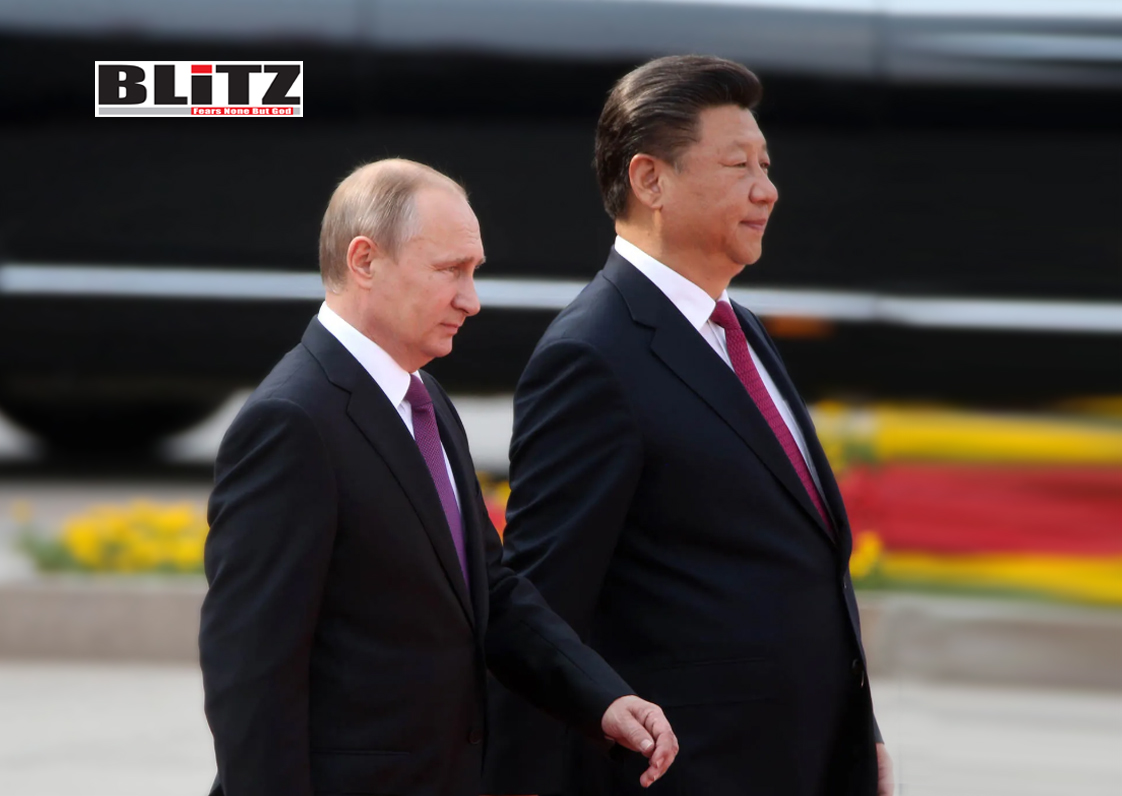
Leave a Reply